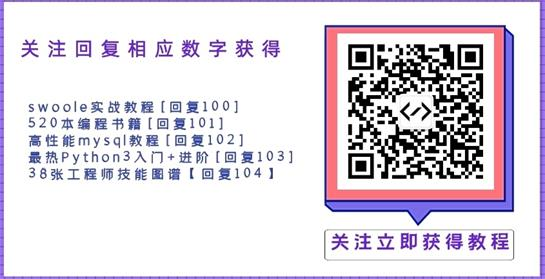#include <stdio.h>
#include <stdlib.h>
#include <ctype.h>
#include <string.h>
#define MAXTOKENS 100
#define MAXTOKENLEN 64
enum type_tag{IDENTIFIER, QUALIFIER, TYPE}; /*标识符,限定符,类型*/
struct token{
char type;
char string[MAXTOKENLEN];
};
int top = -1;
struct token stack[MAXTOKENS];
struct token this;
#define pop stack[top--]
#define push(s) stack[++top] = s
#define STRCMP(a,R,b) (strcmp(a,b) R 0)
/*推断标识符类型*/
enum type_tag classify_string(void)
{
char *s = this.string;
if (STRCMP(s,==,"const"))
{
strcpy(s,"read-only");
return QUALIFIER;
}
if (STRCMP(s,==,"volatile")) return QUALIFIER;
if (STRCMP(s,==,"void")) return TYPE;
if (STRCMP(s,==,"char")) return TYPE;
if (STRCMP(s,==,"signed")) return TYPE;
if (STRCMP(s,==,"unsigned")) return TYPE;
if (STRCMP(s,==,"short")) return TYPE;
if (STRCMP(s,==,"int")) return TYPE;
if (STRCMP(s,==,"long")) return TYPE;
if (STRCMP(s,==,"double")) return TYPE;
if (STRCMP(s,==,"float")) return TYPE;
if (STRCMP(s,==,"struct")) return TYPE;
if (STRCMP(s,==,"union")) return TYPE;
if (STRCMP(s,==,"enum")) return TYPE;
return IDENTIFIER;
}
/*读取下一个标记到"this"
*可能读入的字符包括:字母、数字、*[]()
*/
void gettoken(void)
{
char *p = this.string;
/*略过空白字符*/
while((*p = (char)getchar()) == ' ') ;
/*是字母或数字*/
if (isalnum(*p))
{
while(isalnum(*++p = (char)getchar())) ; /*读到下一个不是字母或数字为止*/
ungetc(*p,stdin); /*将一个字符回退到输入流*/
*p = '';
this.type = (char)classify_string();
return;
}
if (*p == '*')
{
strcpy(this.string,"pointer to");
this.type = '*';
return;
}
this.string[1] = '';
this.type = *p;
return;
}
/*理解所有分析过程的代码段*/
int read_to_first_identifier(void)
{
gettoken(); /*取第一个标记*/
while(this.type != (char)IDENTIFIER) /* 取到标识符终止,标识符未压入栈 */
{
push(this);
gettoken();
}
printf("%s is ",this.string);
gettoken();/*再取标识符右边一个符号*/
return 0;
}
int deal_with_arrays(void)
{
while(this.type == '[')
{
printf("array ");
gettoken();/*数字域或']'*/
if (isdigit(this.string[0]))
{
printf("0..%d ",atoi(this.string)-1);
gettoken(); /*取']'*/
}
gettoken(); /* 读取']'后的下一个标记,可能还是一个'[' */
printf("of ");
}
return 0;
}
int deal_with_function_args(void)
{
while(this.type != ')') /* 把函数参数取出来丢弃 */
{
gettoken();
}
gettoken(); /* 读取')'后的下一个标记 */
printf("function returning ");
return 0;
}
int deal_with_pointers(void)
{
while(stack[top].type == '*')
{
printf("%s ",pop.string);
}
return 0;
}
int deal_with_declarator(void)
{
/*处理标识符后可能存在的数组或函数*/
switch(this.type)
{
case '[' : deal_with_arrays();break;
case '(' : deal_with_function_args();break;
default : break;
}
deal_with_pointers(); /* 栈顶元素是'*' */
/*处理在读到标识符之前压入堆栈的符号*/
while(top >= 0)
{
if (stack[top].type == '(')
{
pop;
gettoken(); /* 读取')'之后的符号,可能是'('或'[' */
deal_with_declarator(); /* 递归调用 */
}
else
{
printf("%s ",pop.string);
}
}
return 0;
}
int main(void)
{
/*将标记压入堆栈中,直到遇见标识符*/
read_to_first_identifier();
deal_with_declarator();
printf("n");
return 0;
}
